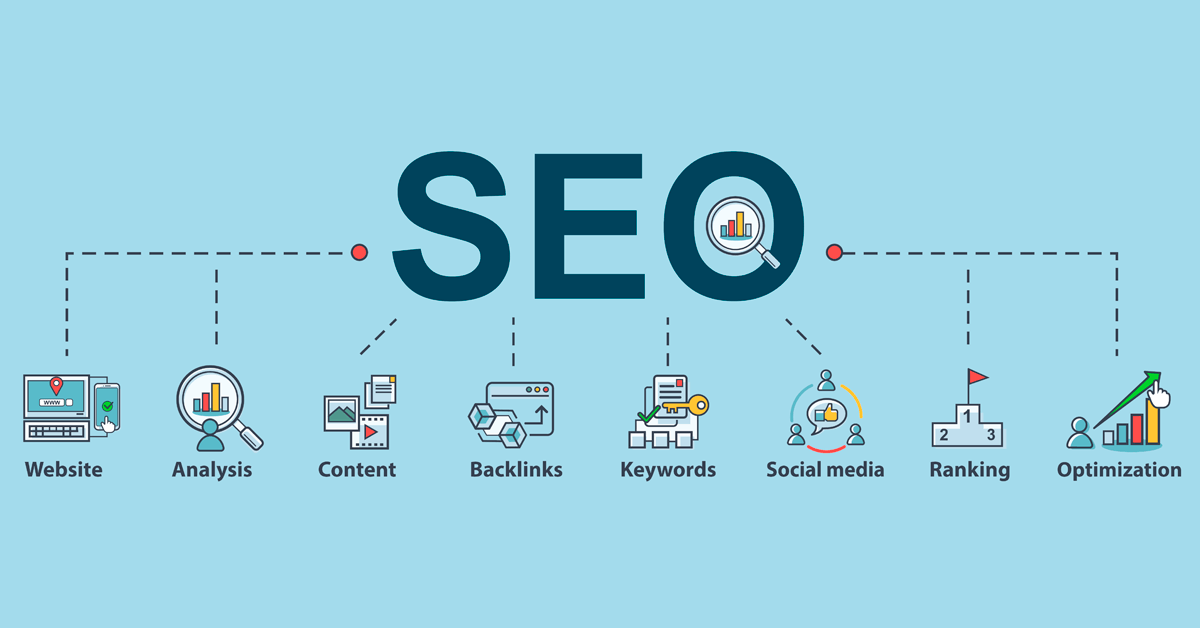Search Engine Optimization in Kolkata
Search Engine Optimization (SEO) is the practice of optimizing a website and its content to improve its visibility and ranking on search engine results pages (SERPs). The goal of SEO is to increase organic (non-paid) traffic to a website by making it more relevant and authoritative in the eyes of search engines. Here are some key aspects of SEO
Keyword Research: Keyword research involves identifying the terms and phrases that users are searching for related to your websites topic or industry. By targeting relevant keywords, you can optimize your content to match search intent and attract the right audience.
On-Page Optimization: On-page optimization involves optimizing various elements on your website to improve its visibility to search engines. This includes optimizing page titles, meta descriptions, headings, URLs, and content. Incorporating keywords naturally and providing high-quality, relevant content are crucial for on-page optimization.
Technical SEO: Technical SEO focuses on improving the technical aspects of your website to make it easier for search engines to crawl and index your content. This includes optimizing website speed, ensuring mobile responsiveness, using structured data markup, optimizing XML sitemaps, and improving website architecture and navigation.
Off-Page Optimization: Off-page optimization refers to activities done outside of your website to improve its visibility and reputation. This includes building high-quality backlinks from reputable websites, social media engagement, online reputation management, and influencer marketing. Off-page optimization helps search engines perceive your website as authoritative and trustworthy
User Experience (UX): Search engines value user experience, so optimizing your website for a positive user experience is essential. This includes ensuring fast page loading times, easy navigation, mobile-friendliness, clear and engaging content, and a well-designed and intuitive interface.
Local SEO: If your business has a physical presence or serves a specific geographic area, local SEO is important. This involves optimizing your website for local search queries, creating and optimizing a Google My Business listing, obtaining online reviews, and getting listed in relevant local directories.
Content Marketing: Creating high-quality and relevant content is a key component of SEO. Content marketing involves developing informative, engaging, and shareable content that attracts and retains your target audience. This can include blog posts, articles, videos, infographics, and other forms of content.
Analytics and Tracking: Implementing website analytics tools, such as Google Analytics, allows you to track and measure the performance of your SEO efforts. Monitoring metrics like organic traffic, keyword rankings, bounce rates, and conversion rates helps you identify areas for improvement and make data-driven decisions.
Regular Monitoring and Maintenance: SEO is an ongoing process, and it is important to regularly monitor your websites performance, track keyword rankings, and stay updated with algorithm changes and industry trends. Regularly optimizing and updating your content keeps it fresh and relevant.
Ethical SEO Practices: It is essential to adhere to ethical SEO practices, also known as white hat SEO, which comply with search engine guidelines. Avoid using black hat techniques such as keyword stuffing, cloaking, or buying links, as they can lead to penalties and harm your websites ranking.
SEO is a complex
and evolving field, and it is recommended to stay informed about industry best
practices and consider consulting with SEO experts or agencies if you require
more advanced or specialized SEO strategies.
